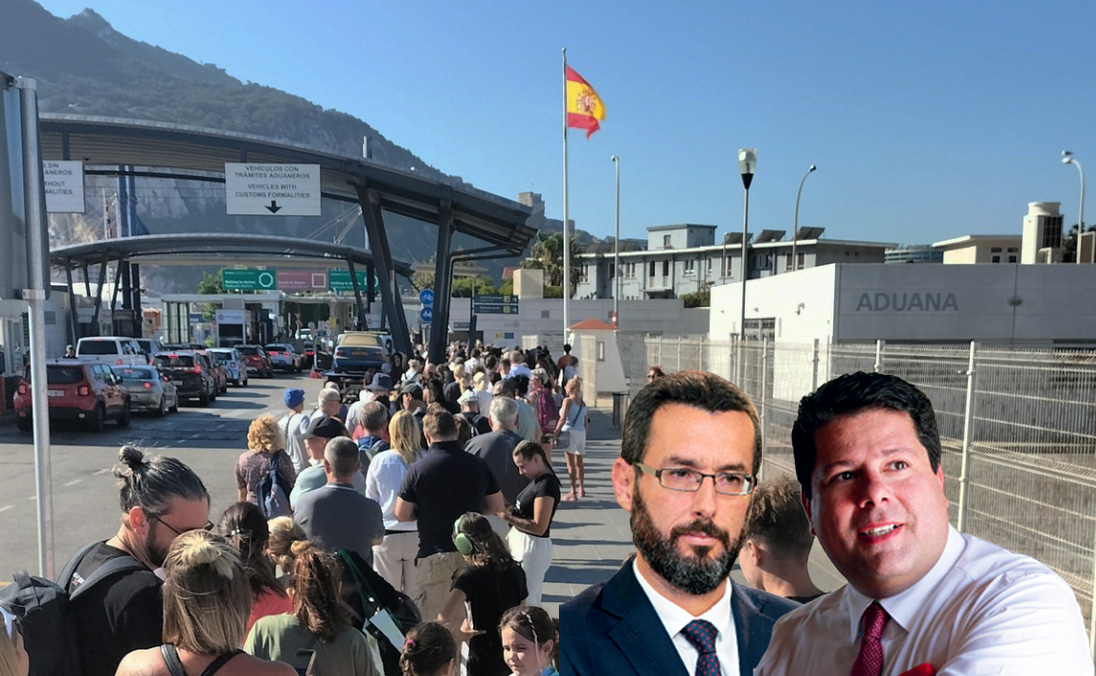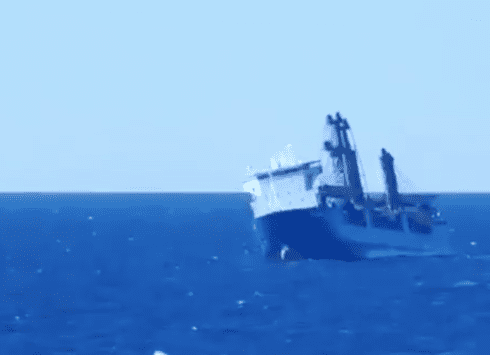THE European Commission has refused to rule out the possibility that its new border controls for the Schengen zone will be delayed beyond the November 10 start date.
La Linea Mayor Juan Franco said that infrastructure apparatus for the new Entry Exit System (EES) has already been installed at the border with Gibraltar.
However, a European Commission (EC) spokesperson told the Olive Press: “The implementation of a system like EES is a complex operation and delays cannot be completely excluded.
“The Commission will continue to support Member States in the lead-up to the start of operations as foreseen.”

It has been reported that France, Germany, and the Netherlands have confessed to the EC that they won’t be ready by November 10.
Some sources have suggested the date could be pushed back a week to November 17.
The start date has often been viewed as an informal deadline for negotiators to seal a deal to incorporate Gibraltar into the Schengen zone.
Failure to reach one could see 15,000 cross-border workers and their employers face potentially crippling delays and disruptions.
But Chief Minister Fabian Picardo, who participated in inconclusive treaty talks two weeks ago, rejected this notion and said talks with the EU and Spain were likely to continue after the EES has gone up.
“It is not impossible there might be other such high-level meetings in the coming weeks or months,” he said in Parliament.

“As I’ve said already, I don’t want to fall into the trap of setting up any date in November as a cliff edge against which we would be negotiating, because that would not be in our interest as a negotiating party”
The sticking point, as ever, has been Spain’s demand that uniformed and armed Spanish officers be present on Gibraltar territory manning the borders at the airport and the port.
With both set to become Schengen entry points in the event of a treaty, it is believed that the Spanish side is demanding, as EU citizens, that their officers must oversee the two – something Gibraltar views as a clear infringement of its sovereignty.
Picardo said his government’s position had been made clear ‘ad nauseum.’
“On Gibraltar, there only needs to be Gibraltar law enforcement agents, British law enforcement agents enforcing Gibraltar’s laws, including our immigration laws and giving assurance to third parties in the context of what happens in and around Gibraltar.”
Although the negotiations have been held behind closed doors, it is believed that Gibraltar’s position is that the European Border and Coast Guard Agency, known as Frontex, should assist its border staff to man the entry points.
“Frontex is a European agency which can aid member states in respect of the provisions of the statute that creates Frontex, and insofar as that creates jurisdiction in respect of Frontex,” Picardo said.
But efforts have already been stepped up to prepare Gibraltarians, Brits and Spaniards alike for the likelihood of no deal before the EES comes into effect.
Deputy Chief Minister Dr Joseph Garcia told delegates at the Conservative Party Conference in Birmingham that ‘Gibraltar will remain as proudly British as it has ever been, treaty or no treaty’.
But he added that there were ‘important red lines on sovereignty and jurisdiction which neither Gibraltar nor the UK would cross, and in those circumstances there would be no treaty.’










